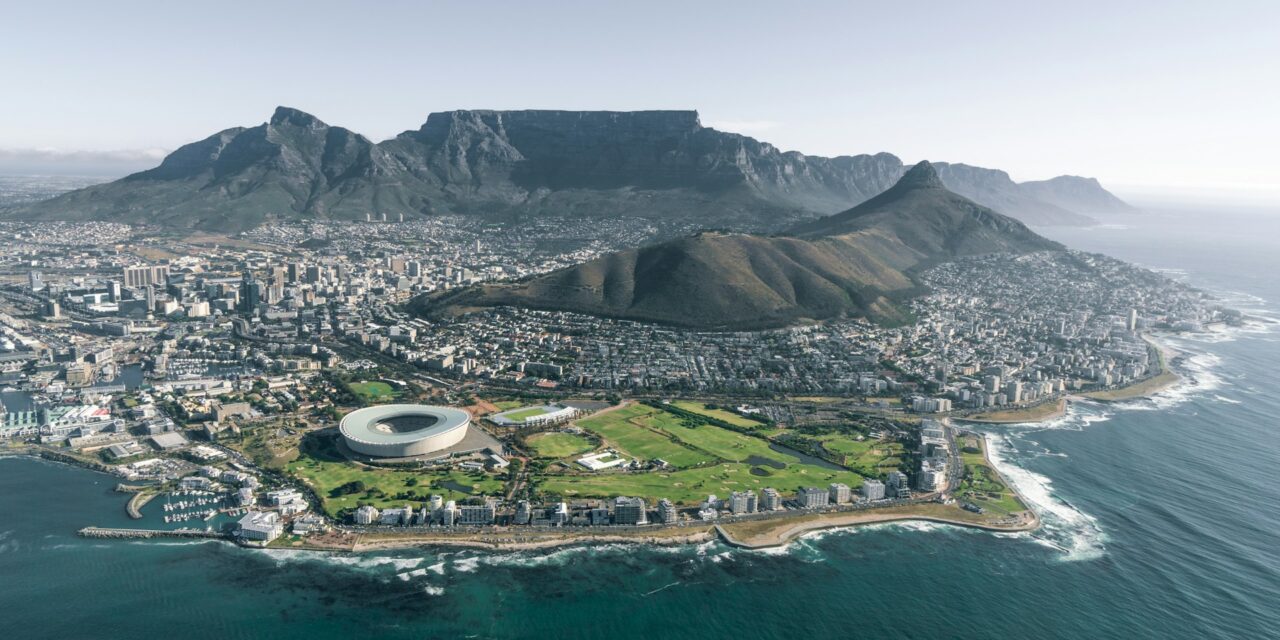South Africa celebrates on Saturday 30 years of democracy on its national day, known as Freedom Day.
The rhythmic echoes of minibus taxis will be reverberating around South African cities and towns alike. The air will be filled with meaty smoke from fires with people of all shapes, sizes and colors standing around them, eagerly awaiting lunch.
It is together that South Africans overcame its historical challenges and so it is together that they stand on Saturday to celebrate 30 years of equality and democracy.
South Africa’s national day, celebrated on April 27 each year, commemorates the country’s first democratic elections in 1994, marking the end of apartheid and the beginning of a new era of freedom and equality.
It would be neglectful not to mention the challenges that today’s South Africa faces, but this one sentence will be this writer’s nod those. Finished and klaar.
The South African High Commission in Singapore mentioned in a celebratory post on Facebook the word Ubuntu.
“South Africa is a rainbow nation defined by the African spirit of Ubuntu. This means that it affirms its humanity when it affirms humanity of others,” it said.
Ubuntu, often translated as “I am because we are,” is a philosophy that emphasizes the importance of community, mutual respect, and shared humanity.
As South Africans come together to honor this historic milestone, the philosophy of Ubuntu remains central to the nation’s identity and spirit.
This profound concept, deeply rooted in South African culture, encapsulates the values of interconnectedness, compassion, and humaneness that live within every South African.
It teaches that an individual’s well-being is inseparably linked to the well-being of others. In practice, Ubuntu encourages empathy, cooperation, and solidarity, fostering a sense of unity and harmony among people.
These core tenets of Ubuntu are synergistic with those of the diplomat.
In a globalized world facing a range of challenges, such as climate change, economic disparities, and migration, Ubuntu offers a guiding light and a philosophical tool to the diplomat abroad.
It encourages a collaborative approach to addressing these issues, emphasizing shared responsibility and the interdependence of nations.
Incorporating Ubuntu into diplomatic practice not only strengthens ties between nations but also promotes the values of understanding and solidarity on a global scale.
Through this lens, South Africa’s national day serves as a reminder of the impact of Ubuntu on both domestic and international relations, inspiring a future of collaborative diplomacy.






